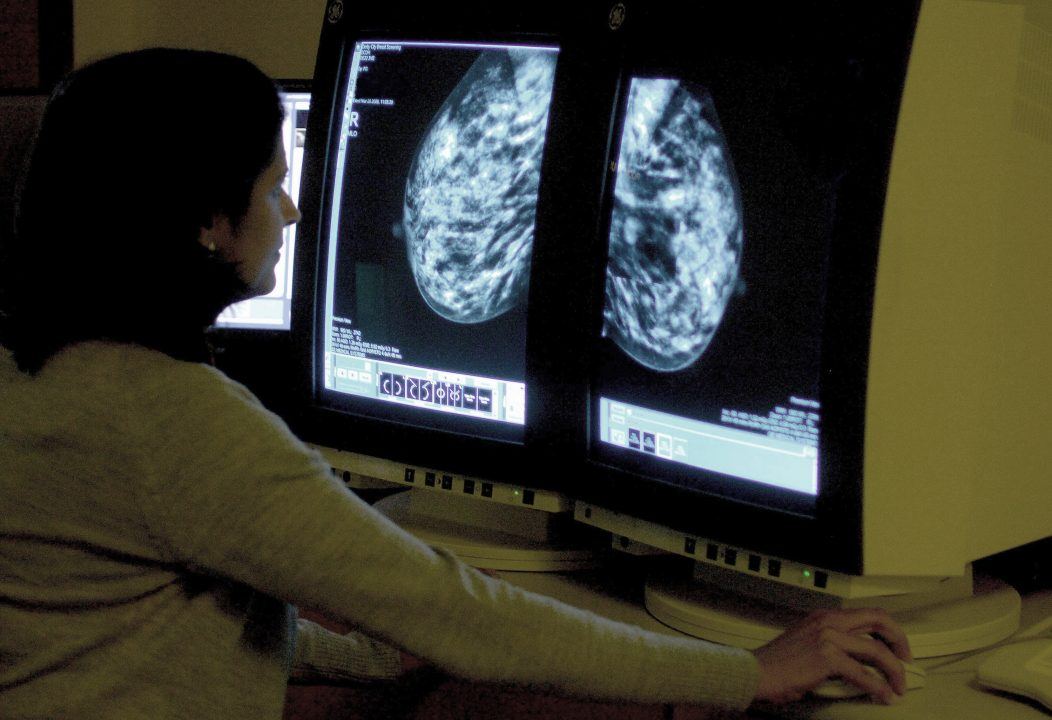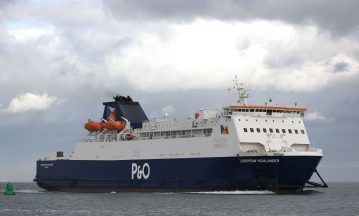Breast cancer patients are being “denied the hope of more precious time” after a drug already approved for use by the NHS in England was rejected in Scotland.
The Scottish Medicines Consortium announced it would not recommend capivasertib – also known as Truqap – when used together with the drug fulvestrant as a treatment for adults with a certain type of advanced breast cancer.
The decision comes six months after the NHS in England approved the same treatment for those women with with hormone receptor-positive, HER2-negative breast cancer where the disease has progressed.
Speaking back in April, Professor Peter Johnson, national clinical director for cancer at NHS England, said the combination treatment “offers an additional option for some people whose breast cancer has progressed”.
However, SMC chair Dr Scott Muir said it had been unable to accept capivasertib “as the company’s evidence around the cost effectiveness compared with current treatments was not sufficient”.
The SMC, the body which decides if new drug treatments can be made available on the NHS or not, announced the decision on October 13 – which is secondary breast cancer awareness day.
Claire Rowney, the chief executive at the Breast Cancer Now charity, insisted it was “deeply unfair” the treatment was being denied to patients in Scotland.
She said: “It’s devastating that capivasertib with fulvestrant has been rejected for use on the NHS in Scotland.
“One drug rejection is always one too many, but this rejection is felt even more fiercely today on secondary breast cancer awareness day.”
Ms Rowney continued: “Crucially, this promising new treatment could have provided the first targeted option for people with secondary breast cancer and certain gene alterations.
“Instead, people are being denied the hope of more precious time before their disease progresses, time to make memories with loved ones and do what matters most to them.
“It’s deeply unfair that the treatment is being kept out of reach of secondary breast cancer patients who desperately need it in Scotland due to uncertainties around cost-effectiveness, while it’s available in the rest of the UK.”
She called on the drug manufacturer AstraZeneca to “urgently engage ” with the SMC and “address the concerns that led to capivasertib not being recommended”.
This would allow the drug to be resubmitted to the SMC for further assessment “as soon as possible so the treatment can be made available to everyone who could benefit”, Ms Rowney added.
Dr Muir, meanwhile, stressed the SMC “would welcome a resubmission from the companies addressing the issues we have raised”.
Follow STV News on WhatsApp
Scan the QR code on your mobile device for all the latest news from around the country


 PA Media
PA Media

























